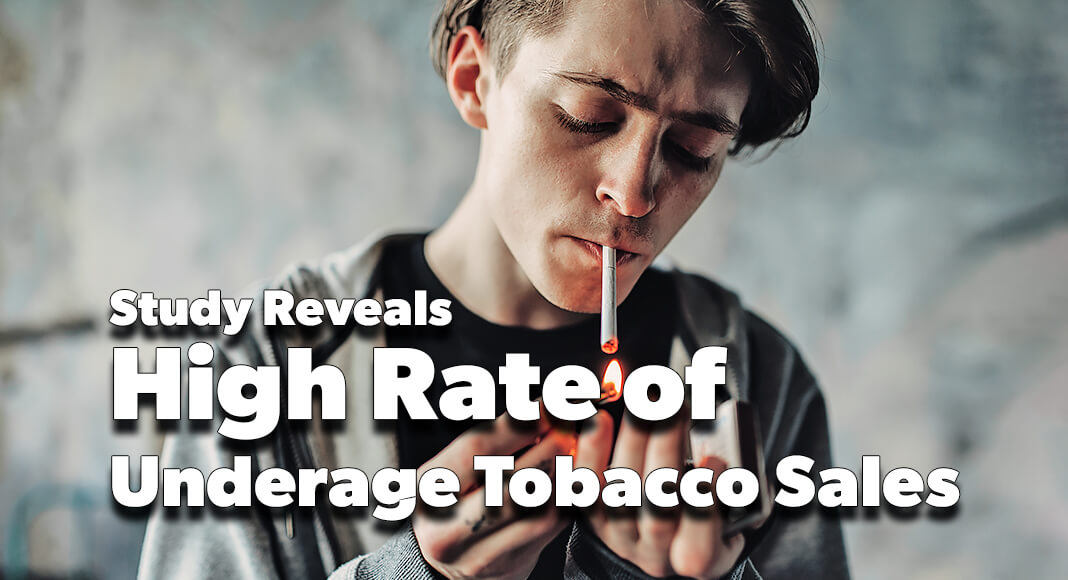
Mega Doctor News
By Myra Wright / Atrium Health Wake Forest Baptist
Newswise – WINSTON-SALEM, N.C. – A recent study from researchers at Wake Forest University School of Medicine and Rutgers University shows a high rate of underage tobacco sales despite federal legislation that prohibits the sale of tobacco products to anyone under the age of 21.
The study, published today in JAMA Network Open, was conducted at stores across New Jersey from August 2019 to September 2022. In 2017, New Jersey became one of the first states to pass legislation raising the minimum age for purchasing commercial tobacco products from 18 to 21.
“We randomly sampled tobacco retailers in both high- and low-population density municipalities within a 25-mile radius of New Brunswick,” said Amanda Kong, Ph.D., assistant professor of social sciences and health policy at Wake Forest University School of Medicine and corresponding author. “We found that businesses sold to underage purchasers 49.5% of the time.”
Buyers between the ages of 18 and 20 made 2,663 attempts at 70 different retailers to buy items such as cigarettes, cigars, e-cigarettes and nicotine pouches. The researchers noted whether an ID was checked during each purchase attempt and whether electronic ID scanning was used.
Only about 60% of purchase attempts involved an ID check, and about 15% of underage sales were still completed even after an ID check. Electronic ID scanning was implemented in 22.3% of purchase attempts, which resulted in a much lower rate of underage sales (3.2%).
“Raising New Jersey’s tobacco age of sale to 21 was a significant milestone, but the results of our study suggest that effective implementation of the law continues to be challenging,” said Mary Hrywna, Ph.D., M.P.H., associate professor at the Rutgers Institute for Nicotine and Tobacco Studies and Rutgers School of Public Health.
Kong said drug stores had the highest odds of checking IDs, while non-chain convenience stores had the lowest odds compared to chain convenience stores. Purchase attempts for nicotine pouches were less likely to result in an ID check compared to cigarettes.
“Despite both state and federal legislation that makes it illegal to sell commercial tobacco products to people who are under the age of 21, a large percentage of underage purchase attempts are still resulting in underage sales,” Kong said.
Future research will focus on factors that contribute to underage sales.
“We hope to be able to identify modifiable factors that can help inform regulatory efforts, retailer education programs and overall compliance and enforcement to reduce and prevent tobacco use consistently among youth and young adults,” Kong said.
This work was supported by the National Cancer Institute grant R01CA231139.









